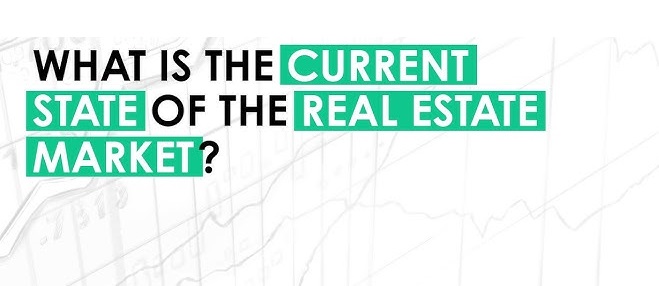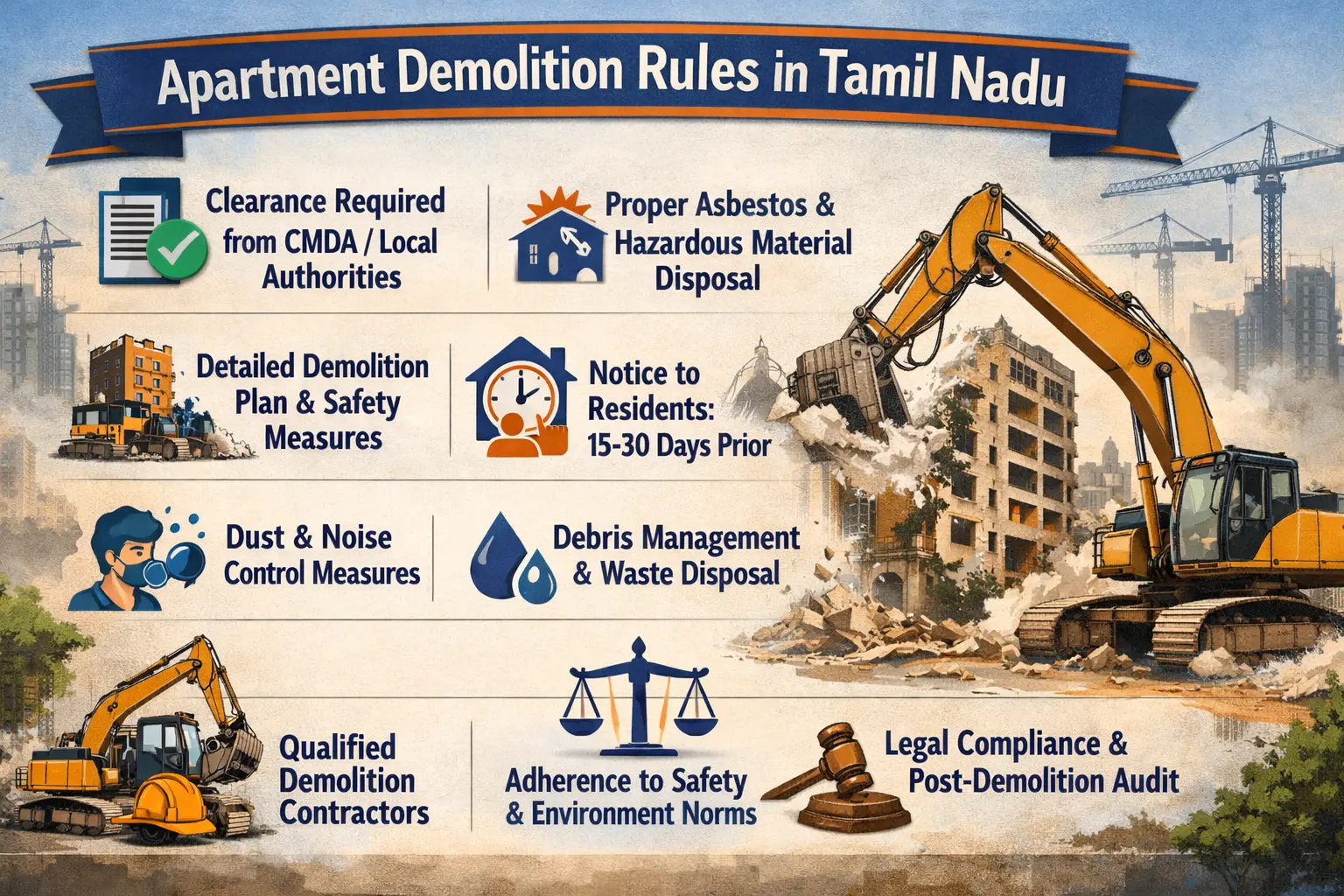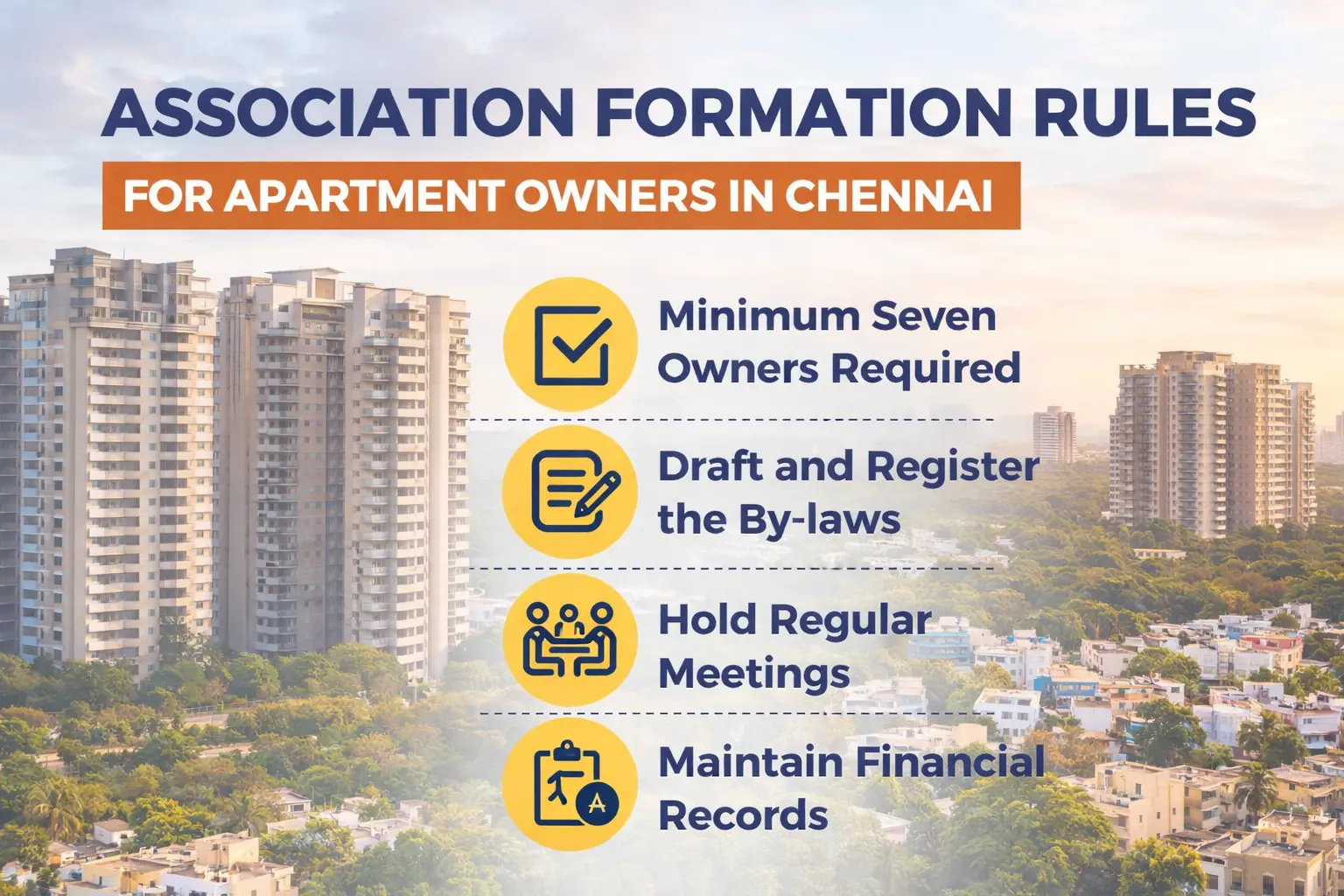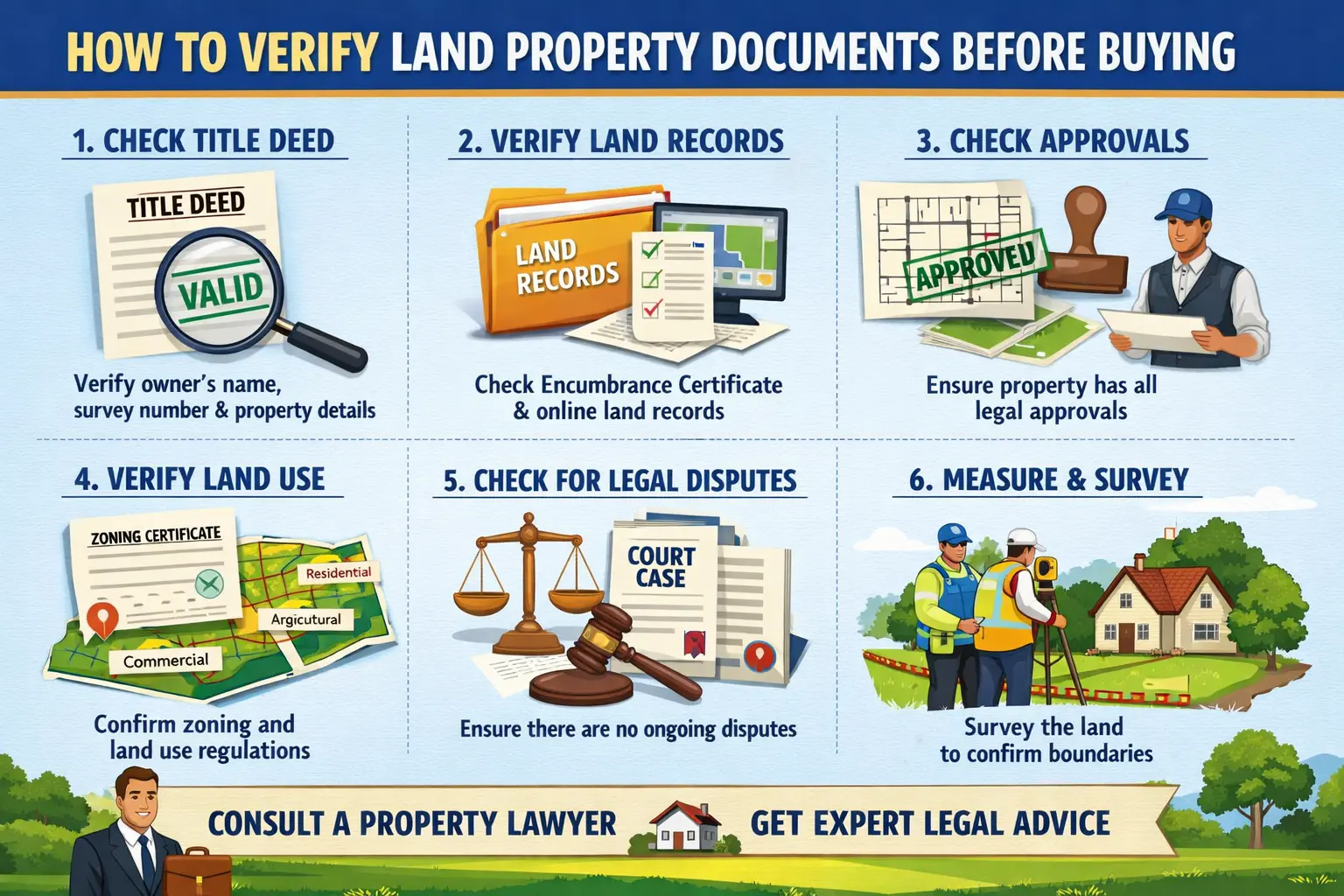As of September 2024, the real estate market is experiencing a complex mix of trends influenced by economic, social, and political factors:
- Residential Real Estate
1. Home Prices: Home prices have generally stabilized after significant fluctuations in the past few years. In many markets, they have either plateaued or grown at a slower pace compared to the pandemic highs. However, prices remain high in major urban centers and desirable suburban areas due to persistent demand and limited supply.
2. Interest Rates: Interest rates for mortgages have seen a moderate increase from the historically low levels during the pandemic. Central banks have raised rates to combat inflation, which has led to higher borrowing costs. This has cooled some of the market activity, making it more challenging for first-time buyers to enter the market and for existing homeowners to afford larger properties.
3. Inventory Levels: Inventory levels remain relatively low, particularly in the most competitive markets. This is partly due to homeowners staying put to avoid higher mortgage rates on new purchases. Low inventory continues to put upward pressure on prices, even as demand moderates.
4. Buyer Preferences: There is an ongoing shift in buyer preferences towards more suburban and rural properties, driven by remote work flexibility and a desire for more space. Properties with home offices and larger outdoor areas are particularly in demand.
5. Market Activity: Sales activity has slowed down compared to the peak pandemic years. Buyers are more cautious, and homes are staying on the market longer. However, the market remains competitive in certain areas, especially those with good schools, amenities, and job opportunities.
- Commercial Real Estate
1. Office Space: The office space market is in flux as companies reassess their needs in light of increased remote work. Many businesses are downsizing or seeking flexible lease arrangements. As a result, there’s been a rise in vacancies in urban office buildings, though high-quality, well-located spaces are still in demand.
2. Retail Space: The retail real estate sector continues to evolve, with a strong focus on experiential and service-oriented retail. Traditional brick-and-mortar stores are adapting to a more omnichannel approach, integrating online and physical shopping experiences. There is a growing interest in mixed-use developments that combine retail, residential, and entertainment spaces.
3. Industrial Space: Industrial real estate remains robust due to the continued growth of e-commerce and supply chain demands. Warehousing and distribution centers are particularly sought after, and many investors are focusing on this sector for its stability and growth prospects.
4. Hospitality: The hospitality sector has seen recovery post-pandemic, but performance varies by location and type of property. Luxury and destination resorts have rebounded strongly, while some urban hotels still face challenges due to slower business travel recovery.
| "BEST BUILDERS FLOOR APARTMENT IN CHENNAI" |
- Investment Trends
1. Real Estate Investment Trusts (REITs): REITs are attracting investor interest as they offer exposure to real estate without the need to directly own property. However, performance varies depending on the sector and geographic focus. REITs specializing in industrial and residential properties tend to perform better compared to those focused on retail or office spaces.
2. Foreign Investment: Foreign investment in U.S. real estate remains significant, though there are increasing regulatory and geopolitical factors influencing investment decisions. Some countries are tightening restrictions on foreign property purchases, impacting global investment flows.
- Regulatory and Economic Factors
1. Housing Policies: There are ongoing discussions about housing affordability and policies aimed at increasing housing supply. Governments at various levels are exploring ways to incentivize new construction and reduce barriers to homeownership.
2. Economic Conditions: Broader economic conditions, including inflation, employment rates, and economic growth, continue to influence the real estate market. Economic uncertainty can lead to volatility in property markets and affect investment decisions.
Overall, the real estate market is navigating a period of adjustment with varying trends across different sectors and regions. While challenges persist, opportunities also exist for informed buyers, investors, and sellers.
https://www.livehomes.in/blogs













